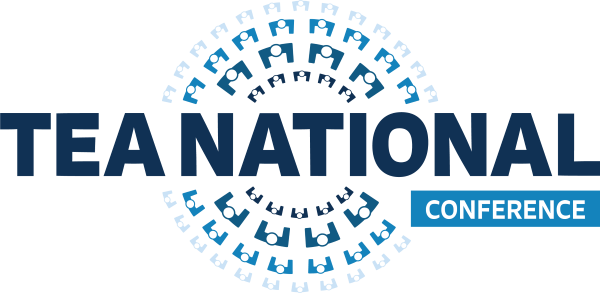
What Is An ESOP?
In the simplest terms, an Employee Stock Ownership Plan (ESOP) is a retirement plan. But, in reality, it is much more than that: ESOPs motivate employees, increase productivity, improve worker retention, keep jobs local, contribute to business longevity, and so much more.
ESOPs are governed by some of the same laws and regulations as 401(k) plans. ESOPs, though, are fundamentally different from 401(k)s, offering far more advantages to businesses, owners, employees, and communities.
ESOP Fast Facts

ESOPs boost employee engagement. When ESOPs are formed, shares of company stock are allocated to all employees, making them employee owners who share in the rewards if the stock rises and the risks if the stock falls. As a result, they are more invested in helping the business succeed and more likely to tackle problems, such as helping co-workers who are underperforming.
Most ESOPs require no out-of-pocket contribution from employees. For plenty of people, funding a contribution to a 401(k) each paycheck is a struggle. For employees like these, an ESOP might be the only retirement plan in which they can afford to participate.
ESOPs help narrow the wealth inequality gap. Employees at ESOP companies tend to earn higher wages and have greater savings than their peers in non-ESOP companies. In 2018, ESOPs distributed $126.7 Billion nationally.
the power of esops
Employee Owners in the United States
(that's more than the entire auto industry)ESOP Companies
Top Industries
for ESOP Companies are:


Not Just a Retirement Plan

In the simplest terms, an ESOP is a retirement plan. In reality, an ESOP is so much more than that.
ESOPs provide unique benefits to the employee owners, the institutions, and the surrounding communities that they are involved with. ESOPs have been proven to:
- Motivate employees
- Increase productivity
- Improve employee retention
- Excel at providing employee training
- Keep jobs local
- Counter wealth inequality
- Contribute to business health and longevity
and so much more!
Who Benefits Most From ESOPs?

Communities
Retain a company—including its jobs, products, services, and economic contributions. By contrast, new buyers often move or shutter companies, or lay off employees—all of which has a negative impact on rural and urban economies alike.
Get a company that is more likely to stay in business through tough times.
Get a company that is more likely to retain employees. (When employees work, they contribute to the local economy and don't draw unemployment benefits.)

Selling Shareholders
May be able to delay or even eliminate capital gains taxes incurred from selling stock to an ESOP.
Can exit the company on their timeline. Owners can sell all their shares at once, or some portion of their shares on the schedule of their choosing.
Can remain employed at the company after selling all their shares.
Can find a willing, qualified buyer when these may be scarce.
Can keep alive the culture and company they founded or developed (rather than having another company tear it down).

Employee Owners
Get a retirement plan that typically requires no out-of-pocket contribution from them. (ESOPs can be particularly beneficial for those who cannot afford a payroll deduction to a 401(k) plan.)
Share in the rewards when the company performs well.
Enjoy greater job stability. Those who work at companies with employee stock ownership are 6.2 times less likely to be laid off than those at conventionally owned companies.
Often have access to two retirement plans. (Many employees at conventionally owned businesses do not have access to even one employer-sponsored retirement plan.)
Are 1.4 times more likely to receive employer sponsored training than employees in non-ESOP companies.
Increased transparency and financial literacy- employees at ESOP companies typically receive more company financial information than those in conventionally owned firms.

Companies
May be able to avoid paying federal and even state income tax on the portion of the business owned by the ESOP.
May be able to take a tax deduction on dividends paid on ESOP stock.
Can use an ESOP for tax beneficial financing, in which no taxes are paid on the principal or interest on the loan.
May be more likely to withstand tough economic times.
Can enjoy business continuity since employees, who know the business and customers best, remain and provide uninterrupted products and services.
Offer a benefit that aligns employees’ interests with the company’s long-term financial health.
Free Resources From The ESOP Association

ESOP Brief #1 - Benefits & Requirements
Get a concise overview of the benefits ESOPs provide and what it takes to set one up.

ESOP Brief #2 - How To Establish an ESOP
Get a quick overview on what is involved in establishing an ESOP at your company.

ESOP Brief #3 - ESOP Tax Advantages
Find out how ESOPs provide tax advantages to C and S corporations.
Looking for More Information?

Join TEA
Companies that are considering an ESOP, have an ESOP, or provide services to ESOPs are all encouraged to join our engaged, passionate community. The best information you can get is from other ESOPs that are on the same journey.
Press Inquiries
If you are a reporter working on a story or simply want to learn more about ESOPs, reach out and we will be happy to share information and research, connect you to our members, and provide interviews.





